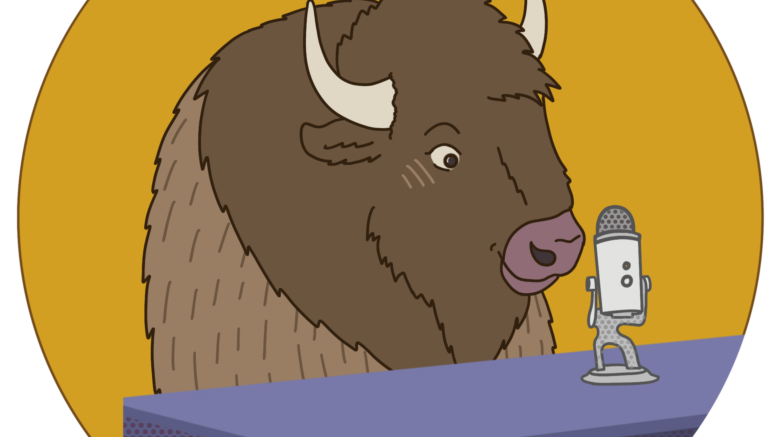What was the first urban legend you ever heard?
For me it was “The Licked Hand,” a tale about a girl at home alone with her dog that ends with animal death and the phrase “humans can lick, too” written on the wall in blood.
When I heard the story for the first time at a sixth grade sleepover, my friends and I debated whether or not the version that had just been told was entirely authentic, as some of us knew another version with slightly different details.
Although we didn’t realize it at the time, we were participating in an oral tradition — keeping a folktale alive.
This repetition of oral tradition and speculating origins of stories is what Lore, a critically acclaimed podcast created and hosted by Aaron Mahnke with its own television adaptation, dives into in episodes.
Lore takes you through some of history’s darkest moments, examining stories riddled with superstition, the supernatural and folklore. The podcast has been around for over eight years, debuting in March of 2015 with its first episode, “They Made a Tonic.”
The episode recounts and examines the 1892 Rhode Island Mercy Brown vampire incident, in which rural townsfolk exhumed the body of Mercy Brown, extracted some of her organs and burned them. They then made a tonic from the ashes and gave it to Brown’s brother, who was dying of tuberculosis, hoping that it would cure him.
Mahnke explains how this chain of events caused Brown to become known as the first American vampire, and talks about why, at the time, people believed it was logical to behave in a way we would now view as outrageous.
One of my favourite things about Lore, other than it being one of my first introductions to podcasts, is the empathy it brings to its stories. Mahnke puts listeners into the headspace of people who lived in a time where much was unknown and how through human ingenuity these stories formed, some still having cultural significance and relevance in the present day.
Episodes of Lore tend to reach 30 minutes in length which could be perfect as ambience while commuting to campus or studying.
Despite running for more than eight years, the podcast hasn’t slipped in quality at all and has even extended its world. In May of this year, Mahnke introduced a miniseries called Lore Legends that uploads in between Lore episodes.
Lore Legends concerns itself with legends that don’t have much historical proof behind them, but that have significant history themselves in society. For instance, in the miniseries’ third episode, titled “Ghost Ships,” Mahnke discusses the sea and different tales of haunted ships and their ghostly inhabitants.
Even here in the miniseries, however, Mahnke still manages to provoke human empathy in me, which is why both Lore and Lore Legends excel at the “scary story” podcast format.
Mahnke understands that people are at the core of all these tales. The retelling of their stories, whether in a half-hour podcast episode or by a bunch of kids at a sleepover arguing over the details, ensures that these figures are remembered.
With Halloween approaching, Lore is a fantastic way to prepare your palate for a holiday steeped in its own rich history and legends.
Lore can be found on Spotify and at the Lore podcast website at https://www.lorepodcast.com/episodes.



